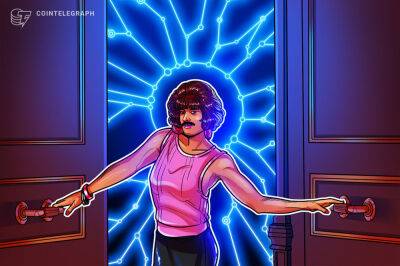Smart contracts can redesign legal agreements, but businesses beware
When was the last time you got a late payment? Chased an invoice? Waited for your monthly paycheck only to realize it’s late yet again? You might relate to these headaches as an investor, employee or client. But the tension that affects each of these unique parties is often caused by one unwavering contributor: an underlying traditional contract.
Contracts affect every organization’s workforce, and 26% of employees are involved in managing these agreements at some point, according to the World Commerce and Contracting Association. With such a vast effect on a company’s contributors, these contracts should be up to par with the rest of a business’s advancements. Unfortunately, contracts are still typically left to human maintenance and execution by either involved party, which can lead to some pretty costly oversight and error.
Blockchain-based smart contracts can revamp businesses and stakeholder relationships but, as with most major structural changes to a company, it’s important to do them right.
Related: Hybrid smart contracts will replace the legal system
The current style of contracts is flawed and antiquated, but organizations have done little to change that. Poor contract management typically costs companies at least 9% of their bottom line, a consistent value leakage that can even reach a 40% loss, according to PwC. This revenue loss comes from incorrect data entry, unpaid accounts, client-management issues, incorrect reporting and discounting — essentially all caused by human error.
And the mishaps don’t stop there. Miscommunications and unmet contract terms can occur simply because an involved party is not on top of the predetermined agreements. This creates a whole slew of complications, like friction between
Read more on cointelegraph.com























